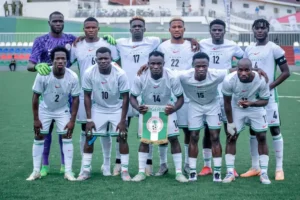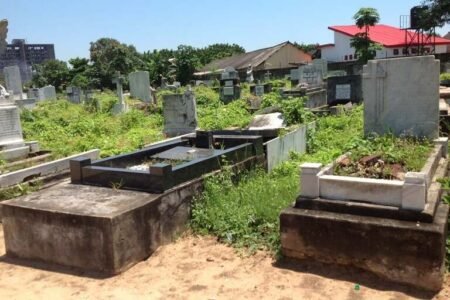
Prof. Abdalla Adamu, the Vice-Chancellor of National Open University of Nigeria (NOUN) has said that Almajiris are not illiterates contrary to widely held view.
Adamu expressed this viewpoint while answering questions from newsmen at the sidelines of the opening ceremony of the 11th Edition of Literature in Northern Nigeria Conference on Monday in Abuja.
The theme of the 4-day conference being hosted by NOUN in collaboration with Kwara State University is “Literature and Contemporary Developments in Northern Nigeria.
Adamu said that one of the aims of the conference was to bring to the fore the fact that Northern Nigeria produced a huge mass of literature in indigenous languages.
READ: Nyesom Wike worst Governor in Rivers’ history – APC
According to Adamu, Northern Nigeria literature is about writing in local languages but majority of Nigerians think of literature only in English Language.
“Literacy goes beyond ability to read and write English; literacy is the ability to read and write in any language.
“Examples of people who are literate and who are taken for illiterates are the Almajiris. They are not just beggars; they are scholars; they have been sent from place to place to learn.
“Almajiris means somebody who moves from one place to another searching for knowledge.
“They learn in Arabic and can read and write in Arabic; they can read and write Hausa language using Arabic scripts; they do not go western conventional schools, so they do not write ABCD,’’ he said.
The vice-chancellor said that Northern Nigeria scholars had been writing novels in indigenous languages as far back of as 1932 under British colonial tutelage.
Adamu said that another essence of the conference which had been going on for 11 years was to draw attention to thriving Northern Nigeria literature.
He regretted that most often, Northern Nigeria was judged in terms of performance in examination.
In his keynote address, Prof. emeritus, Graham Furniss, School of Oriental and African Studies, University of London, said that Hausa Language studies overseas had been in the decline in the US and Uk.
He said that the model currently established was built around strong and growing departments and research centres in Nigeria which were able to establish collaborative arrangements with centres abroad.
Furniss said that the collaborative model would be important for the future in order to maintain Hausa studies beyond West Africa.
“While research and publication in Hausa is now firmly anchored in Nigeria and Niger, with original studies being produced by new generations of MA and PhD students as established scholars, there is an emerging task that goes beyond the building of Hausa studies in Hausa.
“There is an international intellectual discourse about world literature, global trends in literary and cultural production that examines, for example, writing cultures in Indian sub-continent, in East Asia, in the Middle East.
“While there is an increasing amount of materials translated into Hausa, there is very little material translated out of Hausa, whether into English, French, or indeed into Yoruba, Igbo or nay other language,’’ he said.
He said there was need to develop a body of the best writing translated out of Hausa.
The professor emeritus said that such body would make Hausa cultural production accessible on the international and national stage in a way that would help both to increase the interest in and knowledge of Hausa to oriental and international audience.
In his remark, the Emir of Suleja, Malam Muhammad Ibrahim, said that technology and social media had impacted negatively on students.
Ibrahim said that students spent a lot of time on browsing the social media to the detriment of meaningful studies and intellectualism.










